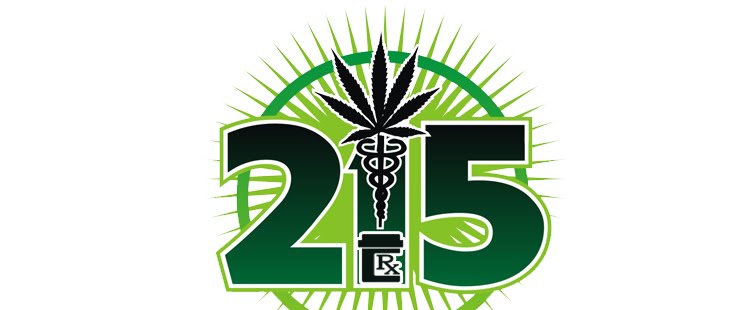Last week saw three significant California Appellate Court rulings
on medical marijuana, most of them favorable to medical marijuana
patients, but one with cautionary implications for "primary
caregivers."
(1) SAN DIEGO CHALLENGE TO PROP 215 & SB 420 ID CARDS REJECTED
In the first, Counties of San Diego & San Bernardino v San Diego
NORML & Wendy Christakes, the 4th appellate district court upheld the
validity of the SB 420 medical marijuana ID card program and
discounted claims that state enforcement of Prop 215 violated federal
law. While it might be hoped that this would prove the nail in the
coffin to this lame case, San Diego county supervisors have voted to
appeal to the state Supreme Court, where they seem destined to lose
again.
http://www.courtinfo.ca.gov/opinions/documents/D050333.PDF . SD - NORML
(2) WINDUS RULING REJECTS 1-YEAR RECOMMENDATION DEADLINE,
SIGNFICANTLY LIMITS "PRIMARY CAREGIVER" DEFENSE
In the second case, People v. Windus, the 2nd appellate district
ruled that a physician's recommendation does not automatically become
invalid if it is not renewed in one year. "Based on our
examination of the CUA (Compassionate Use Act), we see nothing in the
statute that requires a patient to periodically renew a doctor's
recommendation regarding medical marijuana use." Although SB 420
requires that medical marijuana ID card holders renew their
recommendations annually, the Windus ruling found that this does not
restrict the legality of the recommendation under the CUA. Note
that the recommendation in question was issued without any
expiration date, so the decision would not apply to recommendations
where the physician has specified an expiration date. Note too that
the CA medical board recommends that physicians perform at least
annual check-ups to avoid possible malpractice.
In a second finding, the Windus court limited the scope of the
"primary caregiver" defense. In specific, it upheld the lower
court's finding that a primary caregiver must consistently assume
responsibility for the needs of the patient, not merely occasionally
supply him or her with marijuana. "Case law is clear that one who
merely supplies a patient with marijuana has no defense under the
CUA," wrote the court. This interpretation of the law is accepted
by most Cal NORML attorneys, who advise against casual or commercial
providers from relying on the "primary caregiver" defense.
http://www.courtinfo.ca.gov/opinions/documents/B196483.PDF Windus ruling text
(3) PHOMPHAKDY REITERATES KELLY DECISION THAT SB 420 LIMITS INVALID
In the third decision, People v Phomphakdy, the 3rd appellate
district court in Sacto came to a similar conclusion as the recent
4th district Kelly decision, namely that the amount of marijuana
patients may legally possess or cultivate is not legally restricted
by the SB 420 limits: "We hold that the Medical Marijuana Program
Act's numerical limits are an unconstitutional amendment to the
Compassionate Use Act." The court's decision was marginally less
sweeping than Kelly, in that it only invalidated the subsection of SB
420 specifying the limits, H&SC 11362.77(a), not the whole section
11362.77. While Cal NORML agrees with the major thrust of the Kelly
and Phomphakdy decisions, they are apt to be double-edged swords.
While they have helped some defendants who exceeded the SB 420 limits
to avoid convictions, they have also invited prosecutors to take some
defendants to court who would have previously been dismissed
automatically under SB 420 (for example, caregivers found
transporting >1 pound in counties like Humboldt whose limits allow
it).
http://www.courtinfo.ca.gov/opinions/documents/C056881.PDF
Phomphakdy ruling text
Sunday, August 10, 2008
Three CA Appellate Court Rulings On Prop 215
Three CA Appellate Court Rulings On Prop 215
Subscribe to:
Post Comments (Atom)

No comments:
Post a Comment